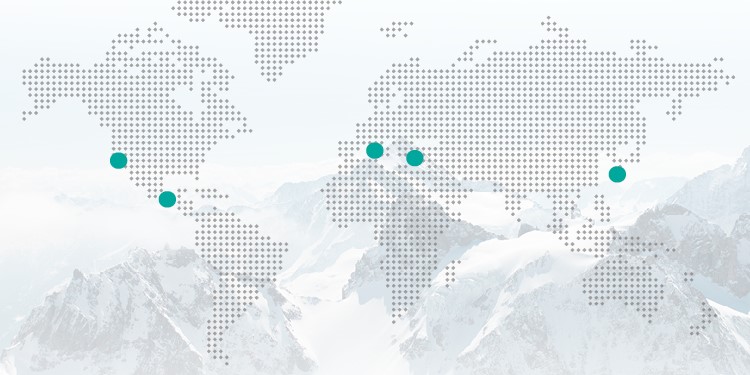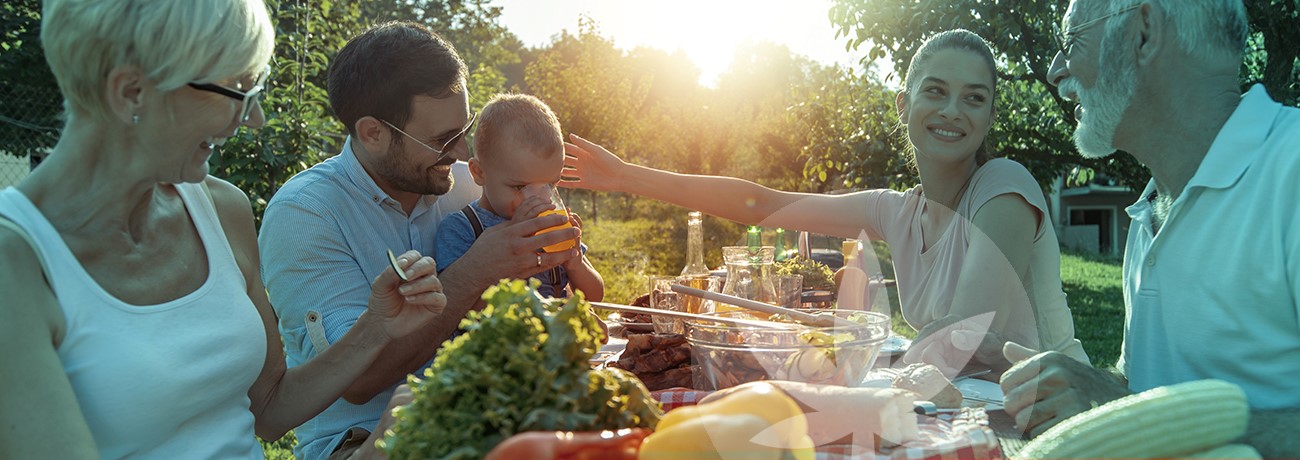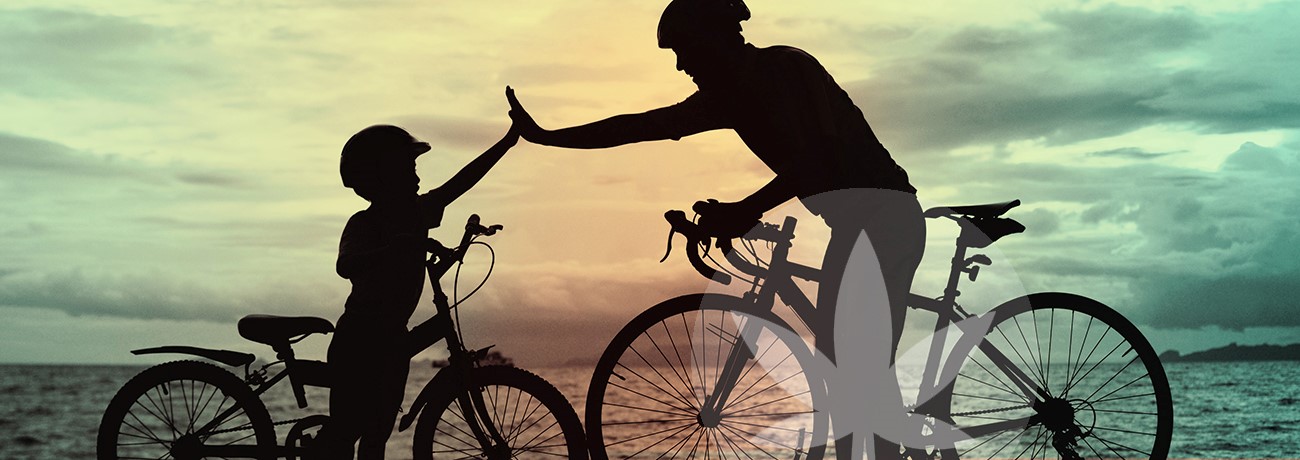What Is The Blue Zone Lifestyle And How Is It Impacted By Stress?
Last updated:
Published:
What are the Blue Zones?
In 2008, a man by the name of Dan Buettner published a book called “The Blue Zones: Lessons for Living Longer”. The contents of this book would transform the way we view our quest to live longer, healthy lives. It wasn’t about the latest fad diet, or even going to the gym every day. Instead, Buettner, National Geographic, and an esteemed group of scientists pinpointed five areas in the world where people live the longest. Classified as a Blue Zone, the food, lifestyle, and social habits of people living in these areas were observed and recorded.

Together, Buettner and his team found that even though each Blue Zone was geographically separated, there were four similarities in the way each population lived their lives. They engaged in regular low-intensity exercise, knew when to take time out to rest, ate and drank a balanced, mainly plant-based diet, and finally, they had a trusted network of individuals to socialise with, whether that be through family or religion.
The result? People in each Blue Zone lived longer, had a lower rate of chronic diseases, were more active, and there was a substantially larger demographic of centenarians. Populations in Blue Zones take care of both their mind and body. Sounds easy enough, but in modern society, taking care of our minds is often an afterthought.
Why is it so difficult to adopt the Blue Zone lifestyle?
Written on a piece of paper, the principles of a Blue Zone lifestyle seem pretty straightforward. Not only do they appear simple, but they are all, in theory, easy to adapt to. The difficulty comes when you look at how each segment is prioritised. Visualise a pyramid split into four blocks. Starting from the top working down, the layers are as follows: move naturally, right outlook, eat wisely—and the foundation—connect.
Connecting, or having a network of people to talk to forms the very foundation of living a longer, healthier life. For a Blue Zone lifestyle to work, we need to have a network of individuals that we can trust and associate with, share similar values, and provide a sense of belonging. In modern society, unwinding and relaxing with friends or family is the last thing we feel we should be doing. Ahead of that usually comes stressing about work and whether we are going to finish our big presentation in time.
The problem is, our phones, emails, social media, financial commitments—they all come first before taking even five minutes to take stock and rest our minds. Stress is around every corner, and without proper management, adopting the Blue Zone lifestyle is incredibly tricky.

Stress and dietary choices
Stress doesn't just impact our ability to unwind at the end of the day. How many times have we come home stressed about school or work and headed straight to the fridge or takeaway menu? You have had a rough day; you deserve something quick and simple, after all, time is precious.
Usually, convenience food is nearly always processed and high in fat. That's not to say eating everything in moderation is wrong, but the links between stress and eating point towards a problematic relationship. When we are stressed, we more readily consume a higher intake of sugary and fatty products. Add in a reduced ability to manage stress, and dietary choices get even worse. The correlation between the two has been well-documented by the University of Texas as part of research projects.
We stress because our weight isn’t what we want, primarily because of diet, but in turn, the stress makes us turn to unhealthy foods. As research by the NCBI shows, encouraging low-stress environments for children makes them more likely to choose healthy fruit over snacks. Rather than worrying about what to eat, what if we started by managing our stress? Then the decision to eat healthier would feel more natural, rather than forced. The benefits could extend to not just the short-term, but later in life too. NCBI also added, “Stress may contribute to long-term disease risk by steering the diet in a more unhealthy direction”.
Stress and exercise
More often than not, we become so absorbed in work or home commitments that taking a brisk walk to clear our mind is at the bottom of the agenda. If like most, you have been battling office politics and juggling deadlines Monday to Friday, the last thing you want to do is go for a light jog on Saturday morning. The weekends are for resting, right?
Again, it comes down to breaking the self-perpetuating cycle. Exercise has been shown time and time again to help us reduce stress levels, sleep better, and positively impact anxiety disorders. It is stress in the first place that stops us from getting up and doing short bursts of activity.
A fantastic way of getting out and about is to rope in a friend or take part in a group activity. Not only does it take away some of the isolation singular activities impose, but you can help each other get motivated. Nothing says “I’m a great best friend” like dragging people out of bed for a walk in the park.

Stress and social engagement
So far, it’s clear that stress has an impact on our motivation to exercise and our choice of food. With two of the four principles of the Blue Zone lifestyle negatively impacted, surely stress doesn’t affect our ability to socialise?
A study published by the Nature Review Neuroscience found that “the effects of stress on social behaviour depend on timing, the duration and the type of stress exposure”. They went on to add, “social withdrawal and aggression are a typical consequence of experiencing, or having experienced, high and persistent stress levels”.
If we don’t take time out to relax our minds and destress, then nearly all situations could cause “persistent stress levels”. The subsequent outcome is we start staying in and socialising less. There is a cliche phrase that rings very true in Blue Zones, “A problem shared is a problem halved”. Maybe the answer to reducing stress is talking to others about it?
Stress and purpose in life
From an early age, it is not uncommon for life to follow a predefined path. Education, work, and then, after you have survived years of work, you retire in the hopes of doing something with your time.

That “something”, or a sense of purpose, doesn't have to be work, it doesn't have to be religion, it just has to be something. Our desire to live with meaning is unique to the human race. Often, having a goal or purpose allows us to overcome great adversity, in turn directly combating stress. It doesn't matter whether you are looking after the grandchildren, fishing, tending to animals—the motivation to achieve something gives us the same positive outlook as those living in Blue Zones. With a sense of purpose, the rest of the requirements for a long and healthy life start to fall into place.
Blue Zone lifestyle is all about balance
Suddenly, the list of attributes that make up the Blue Zone lifestyle seems quite daunting. Here is the secret though, people living in Blue Zone regions don’t do anything abnormal. They drink red wine, they indulge, they go to work, they look after a family, they get stressed, they probably even decide to stay in sometimes. What they also do, however, is a better job of managing all of those aspects in moderation.
You will get stressed, but take 5 minutes to destress. You will have a couple of glasses of wine, but limit it to a couple. Exercise doesn't have to be three hours in the gym, just walk around the block. Turns out, the key to a long and healthy life can be summed up in one word, balance. Do you have a balanced lifestyle?







.png)




